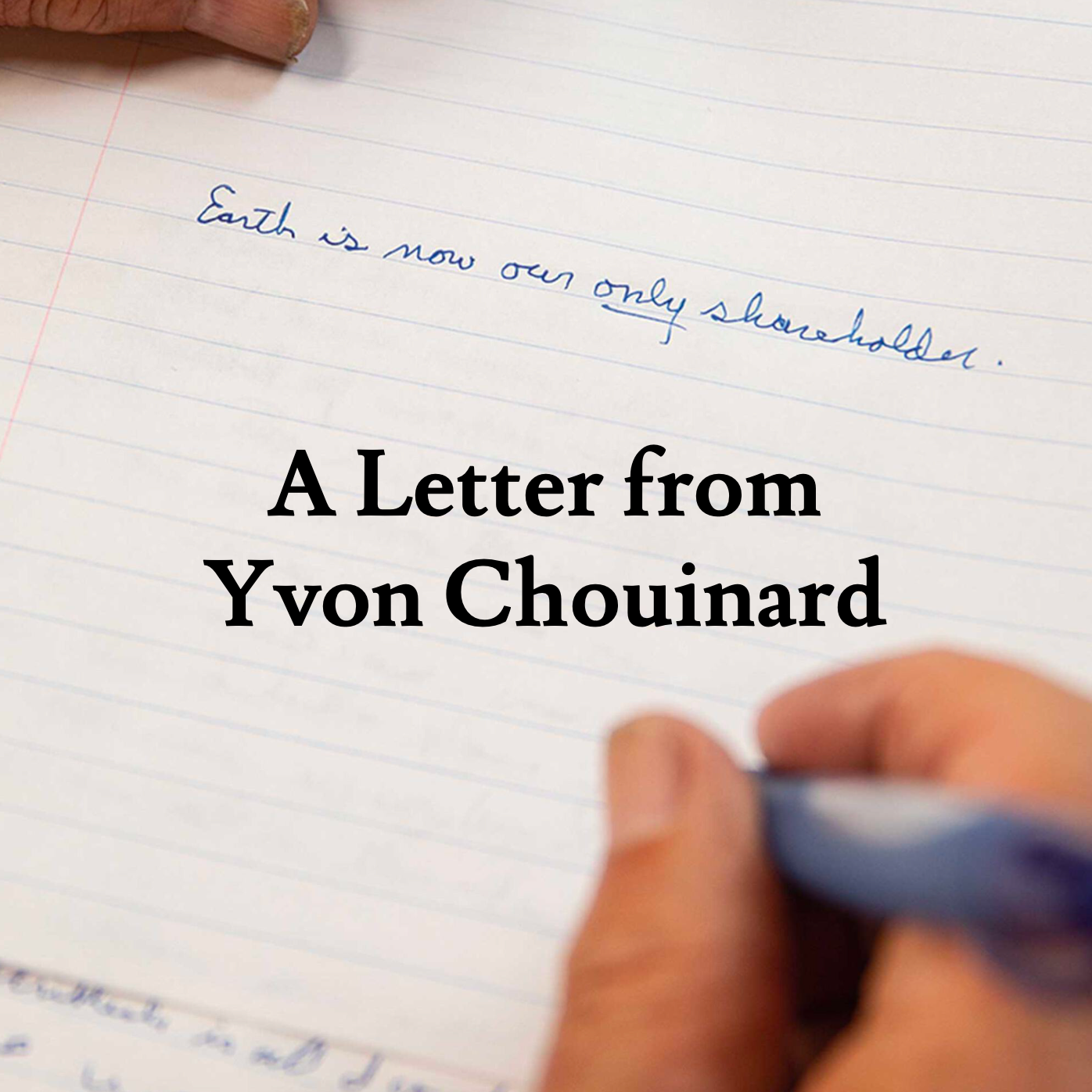On the Saturday, Addy helped organise a community film night in Whitemark, screening a number of films including Patagonia’s Artifishal. “No one wants them,” is how Addy sums up the feeling of Flinders locals toward fish pens. “Too much to lose.” The island has strong commercial and recreational fishing industries, and local council has voted against fin fish farming in the islands’ waters. But while most on the island are distrustful of the intentions of both the government and the fish farm industry, many islanders aren’t fully across the issue. The film night gave them a chance to discuss not only the environmental effects of fish farms, but also how companies covertly influence their approvals and regulation. “These companies want everyone walking around with their heads in the sand saying, ‘Oh, it’ll never happen here,’” says Addy. “Then next minute a decision has been made in Hobart and you’re staring out at salmon pens.”
A few years back, Dan Ross spent time over on King Island to the west, which is under similar threats from the fish farm industry. “The vibe on Flinders was pretty similar to over on King Island,” offers Rossy. “Everyone we spoke to didn’t want these companies and this industry moving in. They like Flinders just the way it is.”
The following day Addy took the mainlanders on a drive around the island. A quick surf was followed by a dive for some abalone. “The water clarity and the amount of life underwater there was awesome to see,” says Rossy. “The seaweed was healthy and colourful and the whole ocean was vibrant. We got a couple of abs that we took back to Addy’s and he cooked them up and baked a loaf of bread in his solar oven.”
“That’s the thing about living here,” says Addy. “We want the next generation to be able to go fishing and catch a flathead, or go for a dive and get a cray or some abs. That’s the Flinders way of life mate, and we don’t want to risk it. If this ever went ahead it’d just be pure heartache for the locals and the Indigenous community here, because it would never be the same again.”








